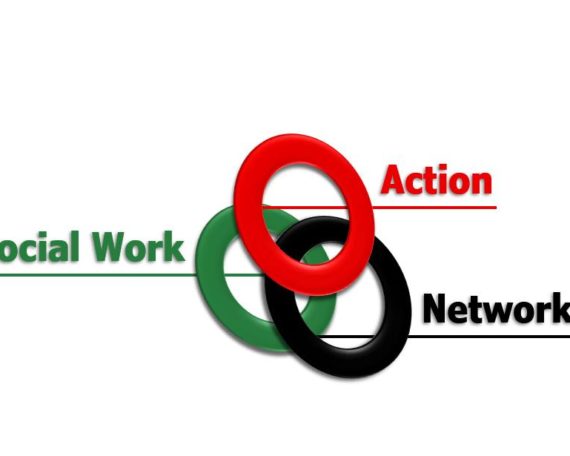 Occupy LSX outside St Pauls Cathedral is growing stronger every day not just with increased numbers and support but with ideas and discussions that are uniting people from all walks of life.
Occupy LSX outside St Pauls Cathedral is growing stronger every day not just with increased numbers and support but with ideas and discussions that are uniting people from all walks of life.
A poster at Occupy LSX outside St Paul’s Cathedral in London, declares ‘Our Democracy is broken, and we are staying here until it is fixed.’ It invites the public to become involved by sharing ideas, staying at the camp or by bringing views for discussion to a people’s assembly where everyone’s view is valued and equal.
Every time I go down to the Occupation the thing that sticks out in my mind is the amount of people gathering in small groups having discussions and debates. People from all walks of life talking about anything from the cuts, the financial meltdown, to the recent riots or about religion, and in particular and the role it should have within society. You get the sense that people are quite clear they want to live in a different kind of society where people come before profit. Occupy LSX has become a beacon for many people who have been affected in a multitude of ways by a capitalist system that is run for the benefit of the richest 1% at the expense of the 99%, us!
On the 3rd of November Occupy LSX put out a call for help with the development of a Welfare Centre at the camp. Occupy LSX recognises that in order to create a better society, the society needs to include and support its most vulnerable members. The aim of the welfare centre is to provide advice and signpost people towards, for example, mental health advice services, drug and alcohol services, and housing and homeless peoples services. They are appealing for professionals like social workers, counsellors, housing officers, and mental health practitioners to volunteer their time to help develop the Welfare Centre.
As a social work student I will be sparing whatever time I can to volunteer and I will be encouraging other students to do the same. We hear so much rhetoric on a social work degree about empowering services users, Occupy LSX is about real empowerment for everyone. This to me is a real role for social work, not just one of tick box assessments, or sitting behind a computer screen for hours on end trying to understand the RAS (Resource Allocation System), or trying to present a service user as more ‘vulnerable’ and in ‘needy’ in order make them eligible for an ever decreasing pool of services.
I encourage anyone who is able and has an occupation where they live to visit it and get involved. It is truly an inspiring experience and one that certainly gives me the hope that another world is possible.
(Posted 7/11/11)

